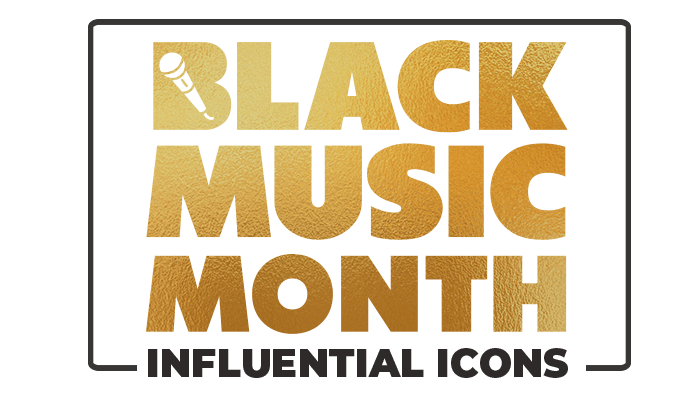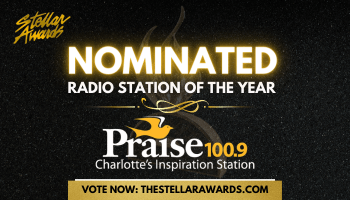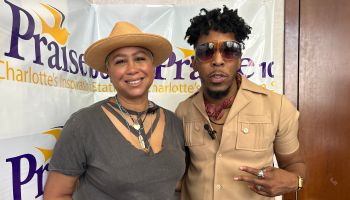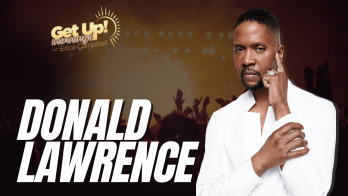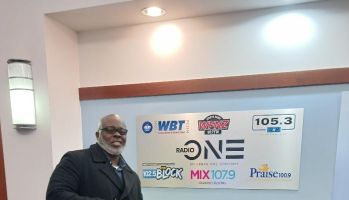Everyday people sacrificing their lives and jobs was the backbone of the civil rights movement. No matter how these heroes were berated and beaten they kept singing in the face of danger knowing their fight was righteous and their cause just. Negro spirituals and activist singers provided the soundtrack for a movement that changed America and inspired the world. Urban League CEO Patrick Graham talks about his relationship with black music.
Negro spirituals and artists such as Curtis Mayfield provided the soundtrack for blacks’ fight for equality. Who do you listen to now to inspire you as an activist?
I still believe the ’70s sounds of Marvin Gaye and Stevie Wonder are so relevant today. Songs such as Marvin’s “What’s Going On” or Stevie’s “Higher Ground” have a strong spiritual vibe that recalls the spirits of the Black Church and fuse them with the tensions of the secular world. I still listen to both artists today.
There are some Hip Hop artists, such as Public Enemy (late ’80s and early ’90s) that still spark that rebellious nature in me. However, the past artists, especially Marvin or Curtis Mayfield, still provide my current sound track with the lyrics and melodies that are introspective, mellow sad, and still hopeful.
For me, these artists really understood the frailties of the human condition, lived out those frailties, and placed them on wax in a way that make’s God proud of and sad about our human ability to love, loathe, sacrifice, and hope all at once.
Besides these aforementioned artists, a good choir at my home church singing one of the standards such as “We’ve Come This Far by Faith,” “One More Sunny Day,” or the William Brother’s “I’m Still Here” will do the trick as well.
If you could interview any singer – dead or alive – who would you interview? Why?
I would like to sit down with Marvin Gaye. Marvin lived a full circle of spirituality, lust, pain, pleasure, and faith. His genius to ignore Motown executives and give us “What’s Going On” and other more sensual ballads later on (“Let’s Get It On,” “I Want You,” etc.) are born out of an experience of life filled with complex love and regret.
His life as a musical poet, drug addict, sexual miscreant, lover, preacher of gospel, and the creator of “Sanctified Lady” make him more than human and interesting to me.
In fact, in my line of work, I bump into all of the faults and victories of the people I encounter. Marvin and his music is one of the greatest case studies of all the ambivalences of being human.
What song brings back the most memories for you? Why?
There are many songs that have a special memory. If you remember the one hit wonder, Bernard Wright, and his song, “Who Do You Love (Are You for Sure),” it brings back high school memories. I met a special young lady by the name of, Nikki Tweat, while playing a basketball game against a rival high school in Long Island.
During halftime Nikki was part of a dance team that came out onto the floor to the Afro-Latin melody of Wright’s “Who Do You Love…” The song and her movement were perfect together. The song and image became imprinted in my mind. And though Nikki and I would have the brief relationship many young experimenters have, the song and her movement created a memory that has lasted over 20 years. I still have it in my music collection. I can not remember what happened to her, but we still share “Who Do You Love…”
Many other artists such as the Spinners, O Jays, and others play a role in my cultural memory. They all give me thoughts of happy times growing up.
What’s your favorite musical era? Why?
There is no doubt that the ’70s soul era and some early ’80s stuff is my favorite. Artist in the ’70s were not afraid to show their vulnerable side when it came to sharing their art. Many of the voices like those of the Spinners, Bobby Womack, Marvin Gaye, Gladys Knight, Donny Hathaway, Roberta Flack, the Manhattans, and others were untamed. There were no boundaries in terms of saying how you felt. The men of the age were macho and sensitive at the same time. The women were sexy and spiritually strong. I may be romanticizing all of them a bit, but that’s the feeling I get.
Who are some of the artists on your workout play list?
Artists such as the one’s mentioned and others like Cameo, Michael McDonald, Slave, EPMD, Eric B. and Rakim, Miles Davis, and a lot of “Neo-Soul” artists.
